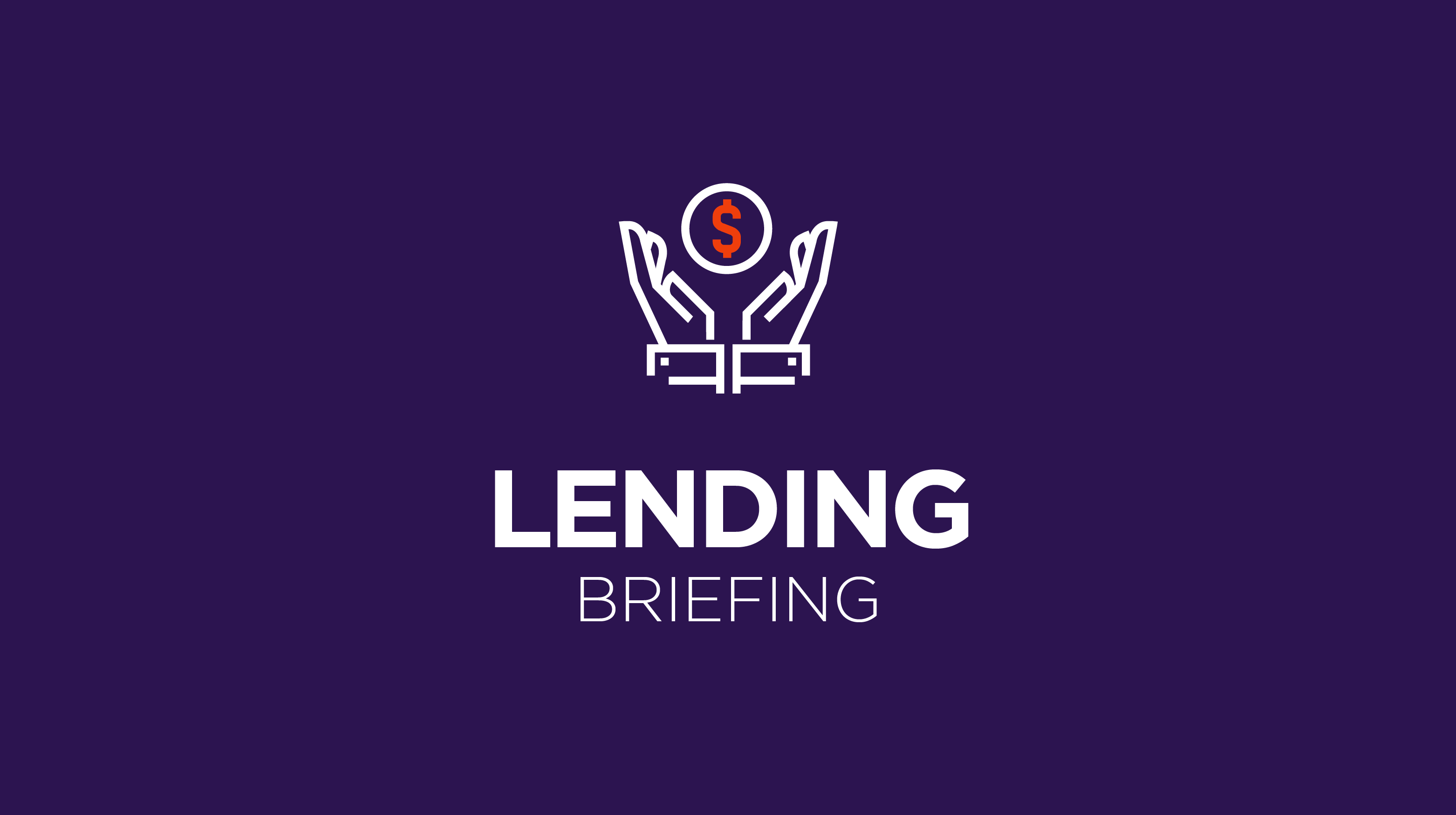Lending, Member Exclusive
Lending Briefing: Extend puts its foot on the gas as others retreat in the downturn
- Spend management is on the up and up.
- We sat down with Extend’s CEO and co-founder, Andrew Jamison, to discuss his company’s growth, its partnership process, and how it’s faring through the economic downturn.








